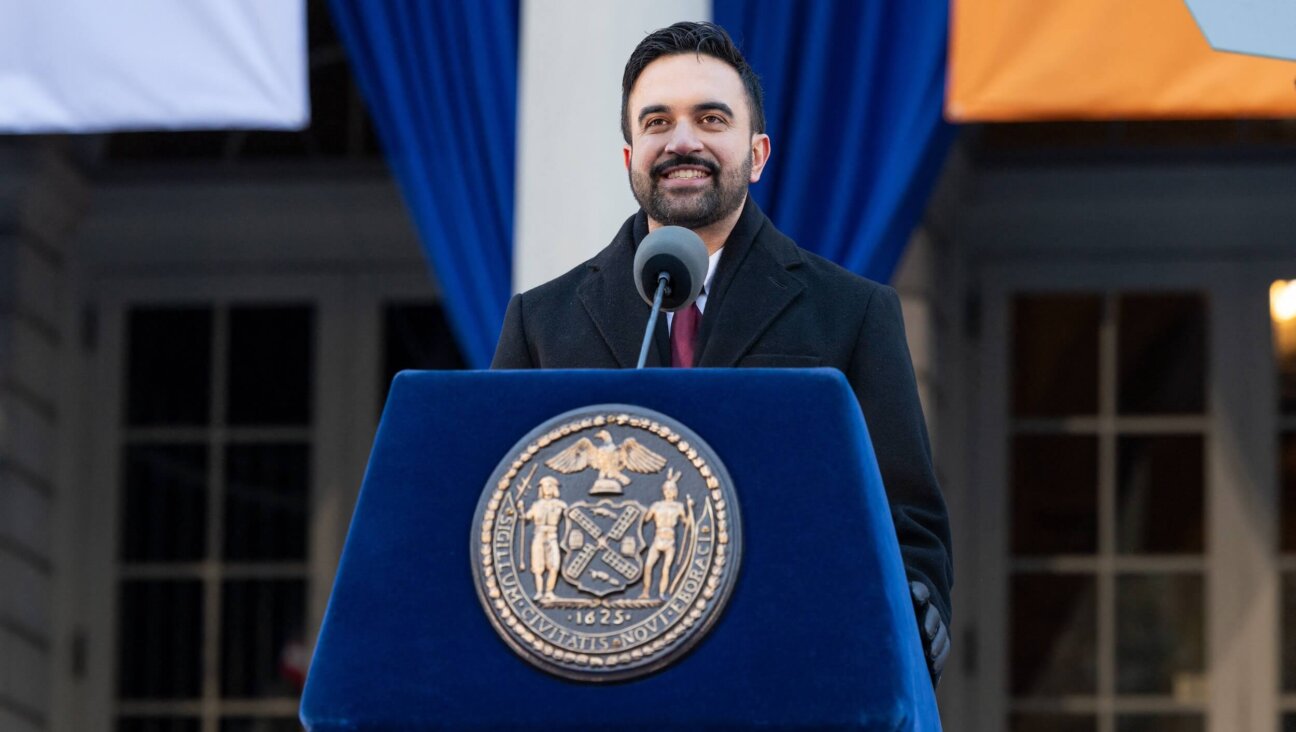Two Israeli Soldiers Injured in Attack Launched From Egypt

Image by Getty Images
Attackers on Egypt’s Sinai peninsula opened fire on Israeli soldiers across the border on Wednesday, wounding two, the Israeli military said.
Islamist militants are active in the peninsula, which borders southern Israel, though assaults across the fenced frontier are rare.
The attackers fired guns and an anti-tank missile at the Israelis, the military said in a statement.
“Two soldiers were injured by fire directed at them from Egypt,” it added, without identifying the attackers.
Egyptian security sources said Egyptian forces later clashed with several gunmen who had likely attacked the Israeli border patrol. No casualties were reported in the confrontation, and there was no immediate comment from the Egyptian military.
Security concerns and an influx of tens of thousands of African migrants prompted Israel to erect the fence, a 250 km (160 mile) long barrier that runs from the Red Sea port of Eilat to the Palestinian Gaza Strip on the Mediterranean. It was completed in 2012.
Earlier that year, attacks by Islamist militants operating from Sinai killed an Israeli soldier and a civilian who was working on the frontier fence.
Israel and Egypt signed a peace treaty in 1979, and Egyptian forces have been trying to curtail Islamist militant operations in Sinai. Wednesday’s attack occurred about half way between Eilat and the Gaza Strip, said the army.













